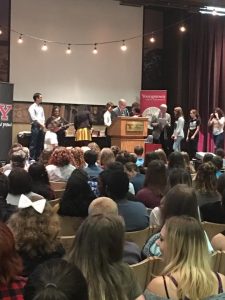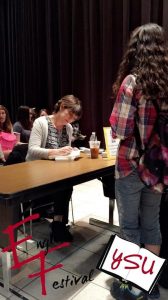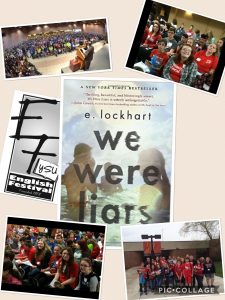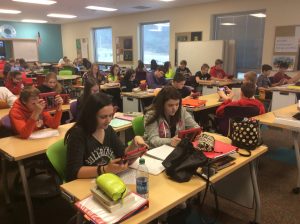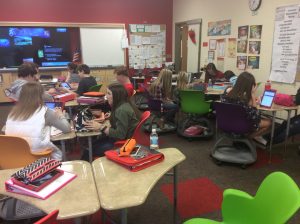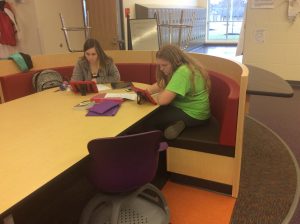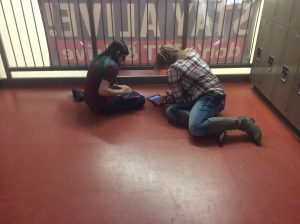With there being around 13 to 12 days left of school, the business at Beaver Local has only just begun. This week, however, is a very special one to some students. On Thursday, the 18th, selected students in grades 7-12 will be attending the 54th annual Summi Decem awards that recognize them for their academic success throughout the year. To help those who don’t know what Summi Decem is or consists of, I’ve put together a sort of Q&A to explain some key points.
What is Summi Decem and what does it mean?
Summi Decem derives from the language of Latin and the phrase “Summi Decem” means “top ten,” therefore, the Summi Decem awards ceremony spotlights the top ten students in each graduating class, starting in the seventh grade. While the phrase may mean “top ten,” depending on the number of students that make the cut, there may be more or less than ten students per class.
How does one obtain the award?
Throughout the course of the year, students who, in the case of grades 7-8, maintain straight A’s for the year are most likely to qualify, and it is based on the grades of the first three nine weeks of the school year. In the high school level, though, students have to hold a GPA (grade point average) of a 3.9 or higher to qualify. While it may be based on first semester grades, it is cumulative, meaning that it can be based on the grades of the first semester plus grades of the second semester of the previous school year.
What does one receive at the awards ceremony?
Students in grade 7-10 receive a simple red and white certificate signed by their principle and the Beaver Local Education Association representative for that year. Students in grades 11-12, on the other hand, are presented with a placard, congratulating them on their achievement. Those who have been a full six-year member, however, have a red plate on their placard compared to the black plate of the rest of their graduating class.

Last year’s Seniors at the 2015-2016 Summi Decem Awards
How important is it to get Summi Decem each year?
While it may be rewarding to be recognized for all the hard work you put in to achieve this award, don’t fret if you don’t get it another year or ever again. You’ll be surprised at how many colleges and employers who actually do not know what Summi Decem is, therefore you won’t be getting any scholarships for it anytime soon.
As a student who is now a three-year member, I can say that it is very rewarding to be recognized and awarded for the hard work and dedication it takes to maintain such a high GPA. Looking back and remembering about the fits I threw because I didn’t want to go to my sister’s Summi Decem awards (as she was a six year member), because I thought it was pointless, but now I can say that it is actually worth going to as you get to watch your fellow classmates with smiles on their faces while they receive their award, knowing that somehow you all made it through the year with the GPA’s that you did.
Congratulations to all the 2016-2017 Summi Decem members! Here’s to a great end of the year and hopefully another Summi Decem to come next year.

Summi Decem award holders of the 2020 graduating class at the 2015-2016 ceremony
